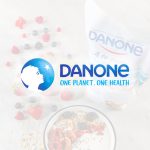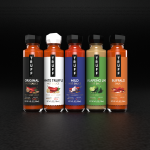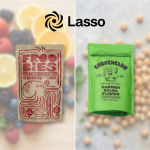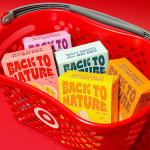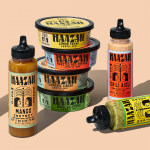New York Releases Regulations for CBD in Food and Beverage
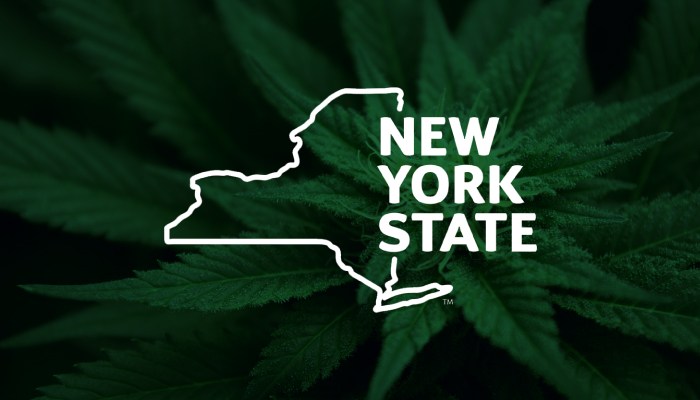
The New York State Department of Health yesterday issued proposed regulations for the processing and retail sale of cannabinoid hemp products in the state, which included standards for CBD and other hemp extracts as additives in food and beverage. The proposed regulations will create a Cannabinoid Hemp Program to license hemp retailers and processors and establish quality control standards for laboratory testing, manufacturing, packaging and labelling hemp products.
These regulations come nearly a year after Governor Andrew Cuomo signed legislation in December 2019 to establish a more streamlined regulatory framework for the state’s hemp industry. Public comments on the proposed guidelines will be accepted for sixty days,
“These regulations are the next step toward regulating the growing hemp industry in New York in a way that protects consumers and helps ensure the industry’s long-term viability,” Governor Cuomo said in a statement. “Establishing the State’s Cannabinoid Hemp Program to regulate production and sale of hemp and hemp extract will help protect both consumers and farmers.”
According to the state, the regulations are intended to provide “basic consumer protections” common in other industries, filling a “regulatory void” for CBD food and beverage products sold in retail. While the 2018 Farm Bill federally legalized industrial hemp production, the U.S. Food and Drug Administration has still not approved CBD and other hemp extracts for use in food or beverage products, leaving producers unclear as to rules and regulations for doing so.
Under the proposed regulations, food and beverage products cannot have more than 25 mg of CBD or other cannabinoids per product, while supplements cannot contain more than 3,000 mg per unit. All products must contain no more than 0.3% concentration of THC, and tests of products must reflect that they contain no less than 90% and no more than 110% of the cannabinoid content listed on their labels. Food and beverage products containing CBD and intended for retail sale must also be shelf-stable and pre-packaged and may not include alcohol. CBD and other hemp extracts are not permitted to be added to food or beverage products at the point of sale, such as at a coffee shop or smoothie bar
In terms of labelling, all CBD products must feature nutrition labels with the amount of CBD and, if applicable, the amount of THC in the product, and indicate the milligrams per serving of both. Packaging must also include a scannable QR code that links to a certificate of analysis of laboratory testing, and must list any warnings for consumer awareness, such as including a statement that the product has not been evaluated by the FDA.
Advertisements for CBD products and retailers are not permitted to state that products can treat or prevent any disease or ailment, or generally make “false or misleading” claims. Packaging and marketing of products are also not allowed to appear to target minors.
The regulations establish that CBD retailers may only sell products that are produced and tested in accordance with these standards. The Department of Health has the authority to inspect retailers and take samples of hemp products being sold, as well as require that they be sold separately from products not containing hemp.
The U.S. Hemp Roundtable, a coalition of companies supporting the safe production of CBD and hemp products which includes brands such as Garden of Life and Recess, is “very encouraged” upon first look at the regulations, according to Jonathan Miller, the group’s general counsel. The “explicit development of a legal pathway” for the sale of CBD-infused food and beverage products establishes a “fair cap” of 25 mg of CBD per product, he said.
He said the group was also happy to see that age restrictions for ingestible CBD products were not included in the regulations, noting that the group advocated against some initial efforts to impose such restrictions.
Some of the biggest issues with the lack of hemp regulation in New York have been seen in the restaurant industry, with reports of the Department of Health confiscating CBD-infused food and beverage products from restaurants and other food service outlets. Though the regulations establish that CBD and other hemp extracts may only be added by manufacturers and not in food service establishments, Miller said that the regulations would ultimately be a “great stimulus to food service which has really suffered during the pandemic.”
The proposed regulations will be open to public comment through early January, which Miller said the U.S. Hemp Roundtable will participate in. After the regulations are finalized, Miller said, CBD manufacturers will have to closely consider them and will likely need to make adjustments to their products, especially in terms of labelling and serving sizes.
The state’s move to create a regulatory framework for the production and sale of CBD and hemp products comes in response to the FDA’s inaction in creating such standards itself, aimed at providing “much-awaited certainty,” for the hemp industry, New York Senator Jen Metzger said. New York State Department of Health Commissioner Dr. Howard Zucker said that the state “could not wait for the federal government to act to institute basic consumer protections to protect the health and safety of New Yorkers,” while Assembly Member Donna Lupardo said she expects regulations for CBD in food and beverages to “provide new economic opportunities for farmers, processors, manufacturers, and retailers throughout the state.”
With these regulations, Miller said he believes “New York policymakers are providing leadership where Washington has not.”
“I am hopeful that this process will make New York a model for the nation, with other states following suit,” he said.
